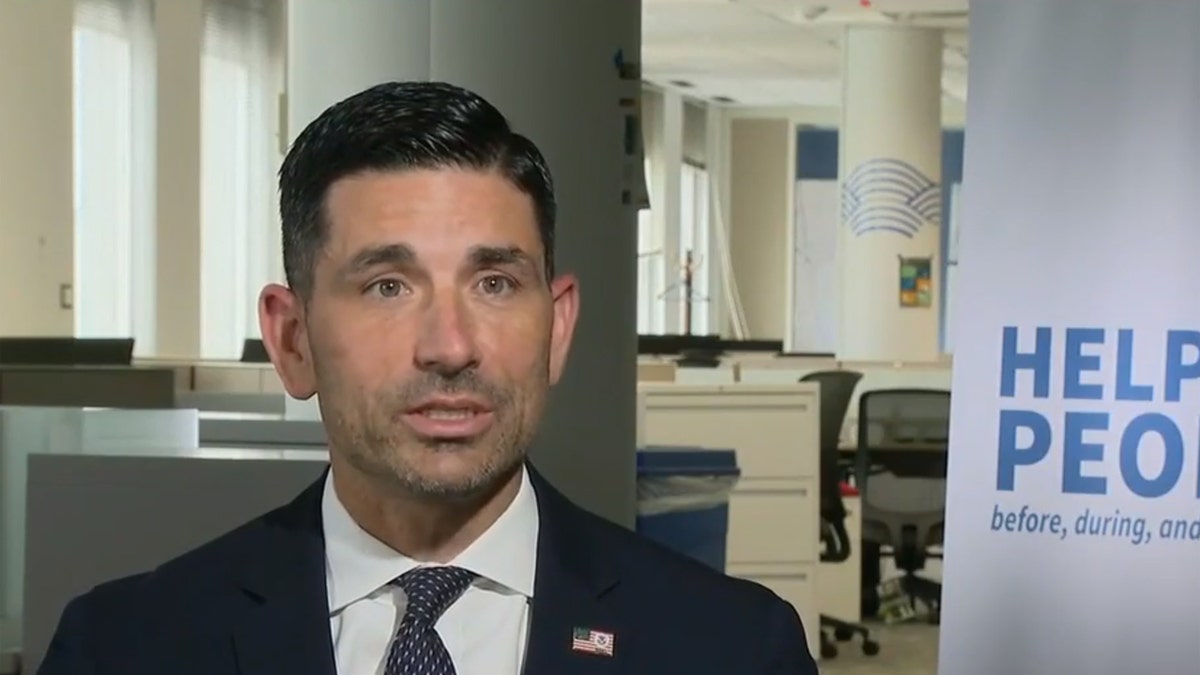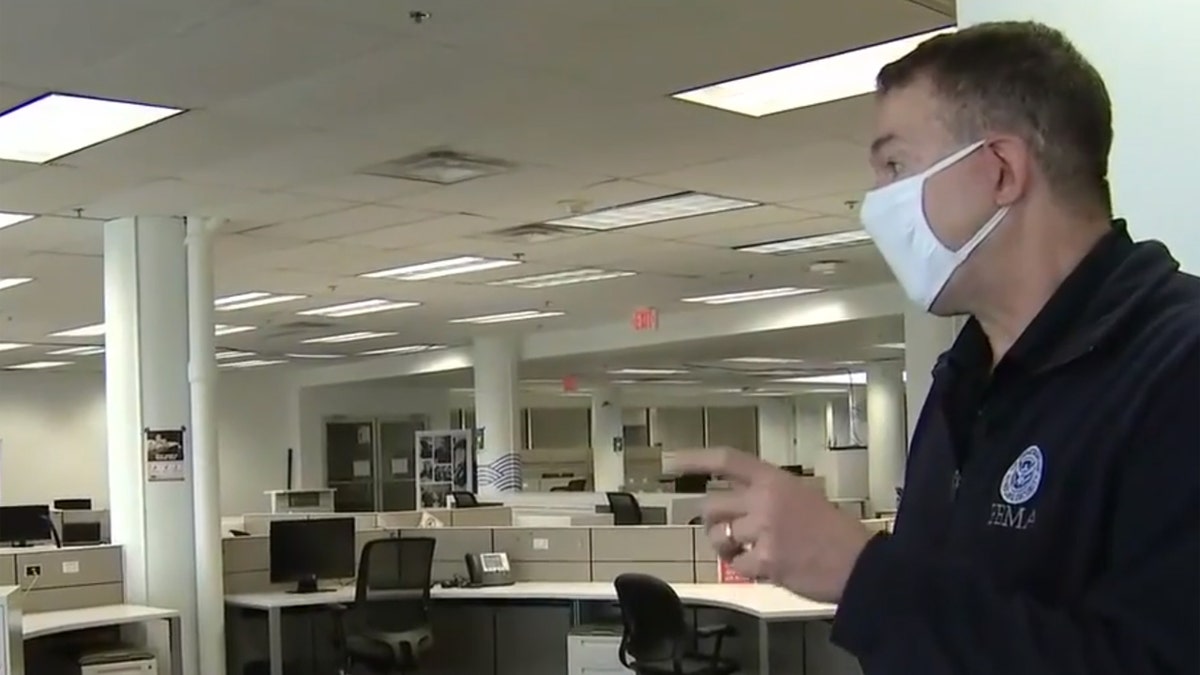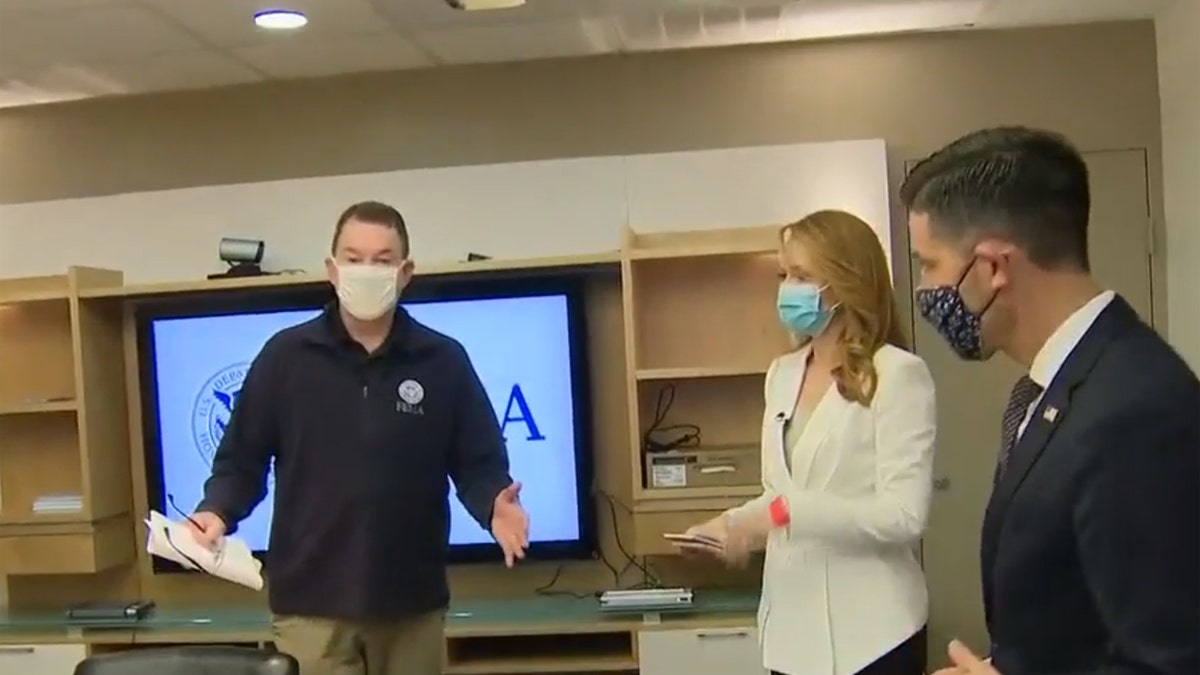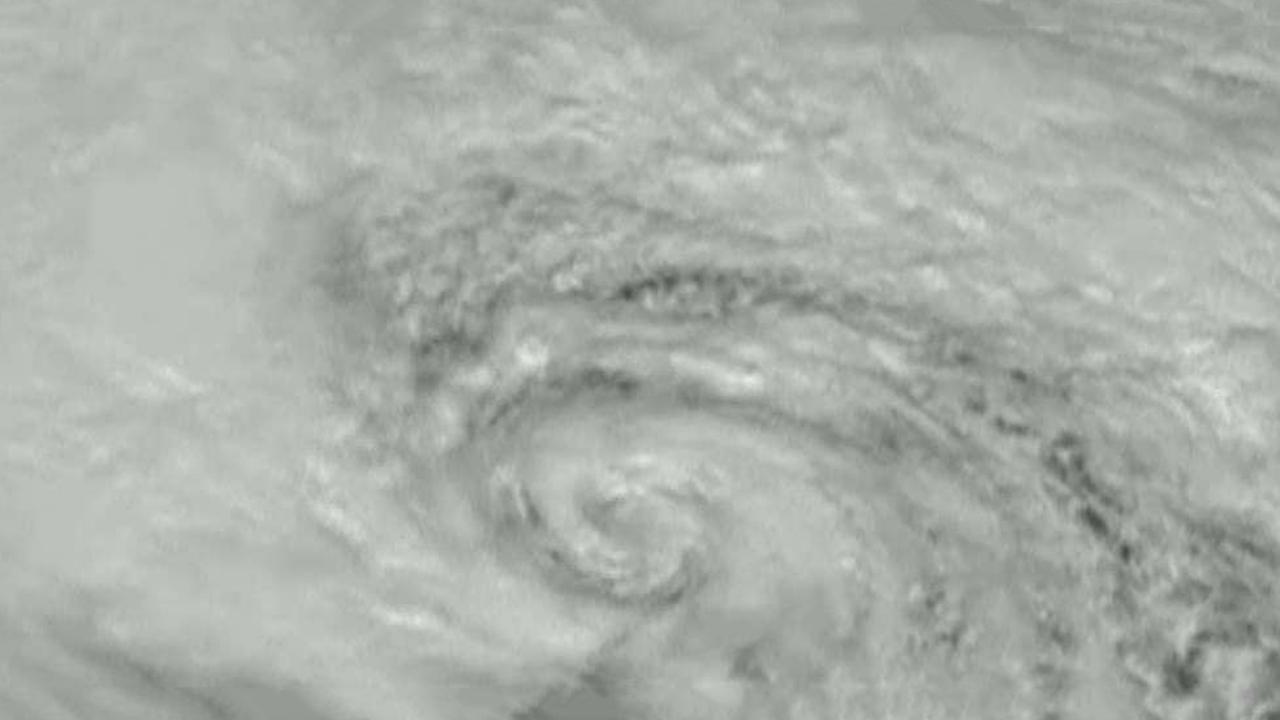FEMA prepares for rough hurricane season amid coronavirus crisis
The coronavirus looms with hurricane season on the horizon; Fox News Gillian Turner reports.
Get all the latest news on coronavirus and more delivered daily to your inbox. Sign up here.
As if the coronavirus pandemic in the U.S. was not enough to worry about, hurricane season officially will get underway in the Atlantic Basin in a few weeks, threatening to put an incredible strain on already stressed federal emergency managers.
While the National Oceanic and Atmospheric Administration's (NOAA) Climate Prediction Center has yet to provide its initial seasonal outlook on May 21, researchers at Colorado State University are predicting above-average activity this hurricane season in the Atlantic Basin, citing the likely absence of El Niño as a primary factor.
A potentially busy hurricane season means an added threat to crisis response teams already busy with responding to COVID-19.
"[Federal Emergency Management Agency] FEMA is already responding to tornadoes and earthquakes that have occurred this year," acting Homeland Security Secretary Chad Wolf told Fox News last week. "As you mentioned, June 1st is hurricane season. They have to be prepared at the same time they are responding to COVID."
HURRICANE FORECASTS WILL SEE SOME CHANGES FOR 2020: HERE'S WHAT WILL BE DIFFERENT
The combination of a pandemic, a severe weather season and the possibility of more action in the tropics create a threat landscape the Homeland Security chief called "unprecedented."

Acting Homeland Security Secretary Chad Wolf told Fox News a worst-case scenario for federal officials would be a very hectic hurricane season. (Fox News)
"What FEMA is doing now is coordinating response at 50 states, territories, all hitting at the same time. And they haven't done that in their 41-year history before now," Wolf told Fox News.
FEMA Administrator Peter Gaynor said the massive response to COVID-19 is also creating a logistics puzzle.
"Part of the mission was to accelerate the movement of PPE from around the world," Gaynor told Fox News. "So wherever we can find it, is get it to the United States."

Federal Emergency Management Agency (FEMA) Administrator Peter Gaynor showed Fox News a new crisis coordination response center called "The Surge." (Fox News)
Over the past month, the Department of Homeland Security built a new crisis coordination response center before hurricane season begins. The facility, called "The Surge," is where 150 officials will oversee hurricane search, rescue and evacuation operations, all while working to keep Americans safe from contracting coronavirus.
WHAT WAS THE WORST HURRICANE TO HIT THE US? HERE ARE THE COSTLIEST STORMS
"How do you shelter individuals from a natural disaster in a COVID environment? You can't. You're going to have to do things a little differently," Wolf said.

Federal Emergency Management Agency (FEMA) Administrator Peter Gaynor and Acting Homeland Security Secretary Chad Wolf showed Fox News a new crisis coordination response center called "The Surge." (Fox News)
The newly built facility is meant to support the hundreds of crisis response cells already operating at FEMA headquarters. The new space will only fill up as needed.
Federal officials also presented the worst-case scenario they foresee anticipating in an already busy 2020.
WHAT WAS THE WORST HURRICANE TO HIT THE US? HERE ARE THE DEADLIEST STORMS EVER
"A worst-case scenario would be a very hectic hurricane season, that would see multiple hurricanes hitting at the same time or very similar, close by, that FEMA is having to respond to at the same time as COVID," Wolf told Fox News. "That's not to say they can't do it. They absolutely can do it."
CLICK HERE FOR MORE WEATHER COVERAGE FROM FOX NEWS
On its website, FEMA has updated guidelines for this hurricane season in light of COVID-19.
The changes include advising Americans to check with local officials about updated evacuation shelters for 2020 and asking people to bring items that can help protect you and others in the shelter from COVID-19, including hand sanitizer, cleaning materials and two cloth face coverings per person.
"You should note that your regular shelter may not be open this year due to COVID-19," the agency states.
Stockpiling supplies has also changed due to COVID-19, with officials now also recommending that people should add two cloth face coverings per family member and cleaning items to their emergency supply kits, like soap, hand sanitizer, disinfecting wipes, or general household cleaning supplies to disinfect surfaces
"Preparing now ensures that you are well-equipped to stay safe if you need to quickly grab your go kit and evacuate to a community shelter," the agency states.
CLICK HERE FOR THE FOX NEWS APP
Last year, 15 Americans died in hurricanes last season, while over 79,000 Americans have died so far in the COVID-19 pandemic.
On average, 12 tropical storms – six of which become hurricanes – form over the Atlantic Ocean, Caribbean Sea or the Gulf of Mexico during hurricane season, according to the National Weather Service.
The 2020 Atlantic Hurricane Season runs from June 1 to Nov. 30 and will include the names: Arthur, Bertha, Cristobal, Dolly, Edouard, Fay, Gonzalo, Hanna, Isaias, Josephine, Kyle, Laura, Marco, Nana, Omar, Paulette, Rene, Sally, Teddy, Vicky and Wilfred.




